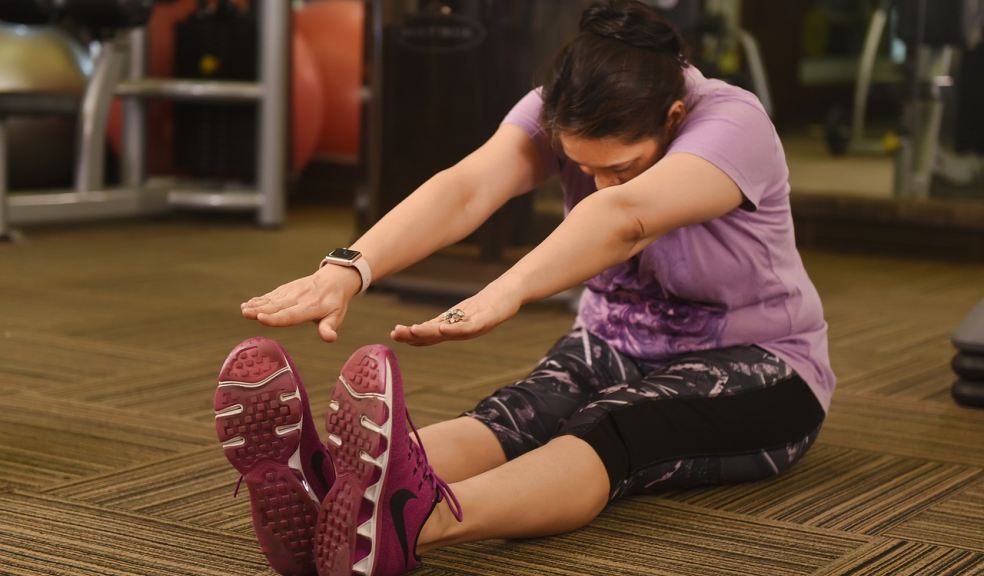
Seven Important Tips to Reduce Menopause Symptoms
Menopause is one of the most challenging yet unavoidable parts of every woman’s life. It is a vital time in your life to take care of your physical and mental well-being. It usually happens between the ages of 44 and 55 and reaches full menopause when a woman has not had her periods in more than a year.
Women start facing problems when they face the symptoms starting from perimenopause. It is a notable time when women start facing hormonal changes, irregular periods, and several other symptoms that may hinder their personal and professional lives.
Here are some of the most effective tips that can help you reduce unease during menopause.
- Quit Smoking
Whether someone is reaching menopause or has a decade to go, your healthcare provider may tell a smoker several times to quit this habit. After all, the side effects and health risks of smoking are known to every person.
While many people know smoking is a cause of cancer and blood pressure problems, not many know that it also plays a vital role in worsening menopause symptoms. Hence, it is important to quit and take control of your health as soon as possible.
- Take Your Supplements
Menopause and its symptoms can vary for every woman. You will need all help on board to ease your life. In such circumstances, adding a probiotic supplement to your diet can greatly ease the pain of women going through menopause.
You can read the Provitalize review to see how probiotic supplements can support and strengthen your body through menopause. The right supplements can target your pain points and offer the needed solutions accordingly.
- Improve Your Sleep
The issues with memory and moods are common for women during menopause. Many women can agree that they are very irritable during this phase of their lives. While you may not find a way around this problem, the best way to make a change for good is to improve your sleep.
Rest is an important part of living a good life with menopause. After all, sleep can also take away your fatigue and help you enhance your memory and mood. You will feel fresh and more mentally active on days when you maintain a healthy sleep routine.
- Reduce Caffeine Intake
Hot flashes are another common symptom of menopause. They can hinder your day-to-day life and make the simplest tasks feel like a challenge. One of the main reasons for people to face hot flashes may be caffeine intake.
Women with a regular caffeine intake routine claim that they also have to take frequent bathroom trips and face hot flashes regularly. Of course, caffeine can also hinder the quality of your sleep, leading you to be uneasy throughout the day.
- Exercise More
The symptoms of menopause may leave you fatigued and restless, but it is important to maintain a healthy lifestyle throughout this phase of your life. Regular exercise can help you ease the symptoms of menopause and improve body aches and mood swings.
Many studies also suggest that regular exercise during menopause can also reduce your chances of osteoporosis. Hence, it is better to create a light exercise routine to stay active. You can start with a brisk evening walk to get yourself started.
- Stay Hydrated
A key to improving your lifestyle during menopause is to make better choices. One of such choices is to focus on drinking more water. An increased water intake can help you combat night sweats, hot flashes, and other symptoms of menopause.
You can switch to cold beverages during the day to cater to the hot flashes and switch to warm teas before bed to ensure quality sleep.
- Seek Support
The menopause journey is not the same for any woman. Some can cater to their symptoms at home, while others may need the help of a professional to prepare for this journey. After all, the idea of getting older and facing menopause can be a daunting one.
It is okay to have mixed feelings about this part of your life. Hence, many women choose to speak to professionals about it and let out their ideas. You can get in touch with a therapist or join a support group for relief.













